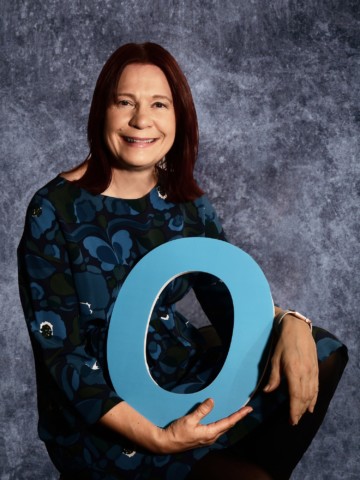Who are you?
I am an orthopaedic surgeon specializing in spine surgery. My research focuses on spine problems, specifically the causes and origins of low back pain as well as different aspects of spine surgery and surgical outcomes.
Favorite part of your job?
I have always enjoyed interacting with patients, getting to know them and understanding their circumstances, concerns, needs and expectations. What excites me about the surgical part of my work, is being part of a team where I can openly discuss issues with my colleagues, get exposed to challenging ideas and experiences, and work together to find solutions towards the best possible patient outcomes.
Why did you decide to enter your field?
As a teenager I had a somewhat naïve thought that I needed to help people. Becoming a medical doctor seemed like a good idea, although I didn’t have a clue what a medical doctor did (and I had no experience of knowing a single doctor). After finishing medical school everything seemed to come together, more or less by chance, with a little bit of luck and hard work. I’m fortunate that my choices have always been inspired by excellent and supportive colleagues.
Who/What inspires you?
I am inspired by visionary people who have the courage to show up and put themselves on the line in situations where the outcomes might be uncertain. These visionaries are willing to take new ideas and make them even better by their contribution. I call them “Yes and…” people (as opposed to “Yes but…” people).
The most interesting article you’ve read recently?
The best articles have always given me some new insights into my clinical work and helped change the way I think. In the past few years, I have enjoyed Catharina Parai´s PhD work (Gothenburg, Sweden) on how we measure outcomes after spine surgery. Her thesis suggests that patients place great value on how they feel right now; if they are unhappy with their postoperative state of symptoms, it is unhelpful if we tell them they are nevertheless 30% or even 50% better than before. Those thresholds are for us surgeons, and maybe we should re-think our assessment of what constitutes treatment success.
Your favorite book and why?
I am a bookworm if there ever was one and still remember several books from my childhood which have made a lasting impression. To name even a Top 10 would be unfair. However, there is one non-fiction book that changed my life: Simon Sinek´s Start with Why. Living your life based on your purpose, and what you believe in, is such a simple idea yet so rare to find.

